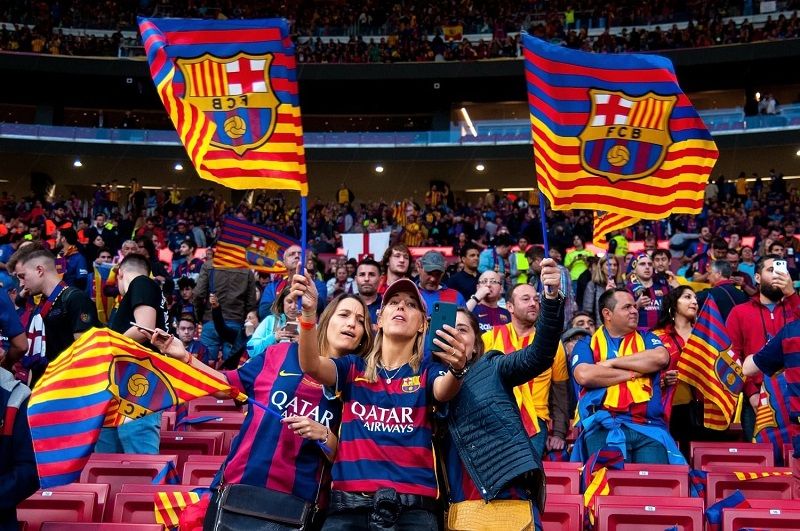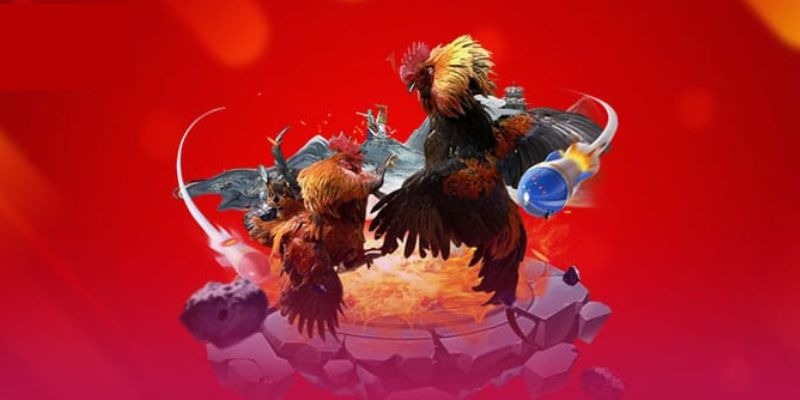Cules, also known as culés, are passionate and dedicated fans of FC Barcelona, one of the most successful football clubs in the world. The term “cule” originates from the Catalan word for “butt” and has been used to refer to Barça supporters since the early 20th century.
As an ardent supporter of FC Barcelona, I have always been intrigued by the concept of cules and their unwavering loyalty towards the club. This led me to delve deeper into the history and culture of cules, and through my research, I have come to realize that being a cule is more than just supporting a football team – it is a way of life. In this article, we will explore the essence of cules and what makes them such a crucial part of FC Barcelona’s identity.
The Origins of Cules
To understand the origins of cules, we must first look at the history of FC Barcelona. The club was founded in 1899 by Swiss businessman Hans Gamper, who became its first president. Initially, the team played in blue and red stripes, but in 1909, they adopted their iconic colors of blue and garnet, inspired by the Catalan flag.
The term “cule” was first used in the early 20th century when the club was still in its infancy. It was used by rival fans to mock FC Barcelona supporters, as the team was seen as a symbol of the working class and was not as successful as its rivals. However, cules took ownership of the term and turned it into a badge of honor, proudly proclaiming themselves as “cules” in support of their beloved team.
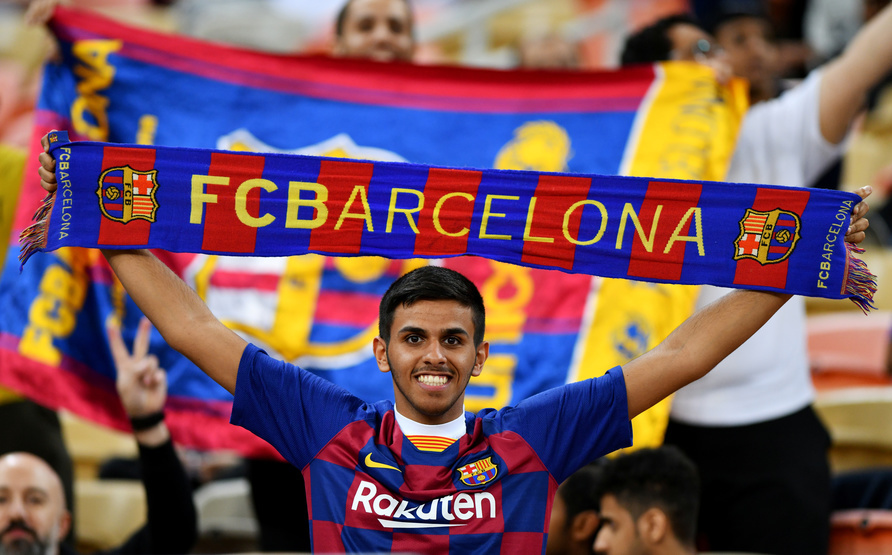
As FC Barcelona began achieving success on the field, the term “cule” transformed into a symbol of affection and pride among supporters
As FC Barcelona started to gain success on the field, the term “cule” evolved into a term of endearment and pride for fans. It represents not only their unwavering support for the club but also their defiance against the social and political climate of Spain during that time. Catalonia, the region where Barcelona is located, was struggling for autonomy, and FC Barcelona became a symbol of Catalan identity and resistance.
The Culture and Values of Cules
Being a cule means embracing a unique culture and set of values that are shared by all supporters of FC Barcelona. One of the core values of cules is their commitment to the club’s philosophy of “More than a Club” or “Més Que un-Club” in Catalan. This phrase encompasses the idea that FC Barcelona is more than just a football club – it represents the cultural, social, and political identity of Catalonia.
The culture of cules is also heavily influenced by the city of Barcelona itself. Known for its vibrant and artistic atmosphere, Barcelona attracts people from all over the world who share a love for art, music, and sports. Cules embody this creative energy and express it through their passion for FC Barcelona.
Moreover, cules also value inclusivity and diversity. FC Barcelona has a long history of promoting equality and fighting against discrimination, making it one of the most socially conscious football clubs in the world. As a result, cules embrace these values and strive to create a welcoming and accepting community for everyone, regardless of race, gender, or sexual orientation.
The Influence of Cules on FC Barcelona
The influence of cules on FC Barcelona cannot be overstated. Without them, the club would not be the global powerhouse that it is today. Cules are not just passive supporters; they are actively involved in the club’s decision-making process through their membership of the Barça supporters’ clubs known as “penyes.” These penyes are spread across Catalonia and all over the world, creating a network of passionate cules who work together to support FC Barcelona in various ways.
Cules also have a significant impact on the club’s finances. The demand for Barça merchandise, tickets, and other forms of merchandise is fueled by the unwavering support of cules from around the world. According to Forbes, FC Barcelona is the fourth most valuable sports team globally, with an estimated worth of $4.76 billion. This success would not be possible without the dedication and financial support of cules.
Moreover, cules also play a crucial role in shaping the club’s identity. The passion and energy of cules are palpable at every game, creating an electrifying atmosphere that has become synonymous with the Camp Nou Stadium, FC Barcelona’s home ground. The players themselves have acknowledged the importance of cules in their motivation and performance on the field.
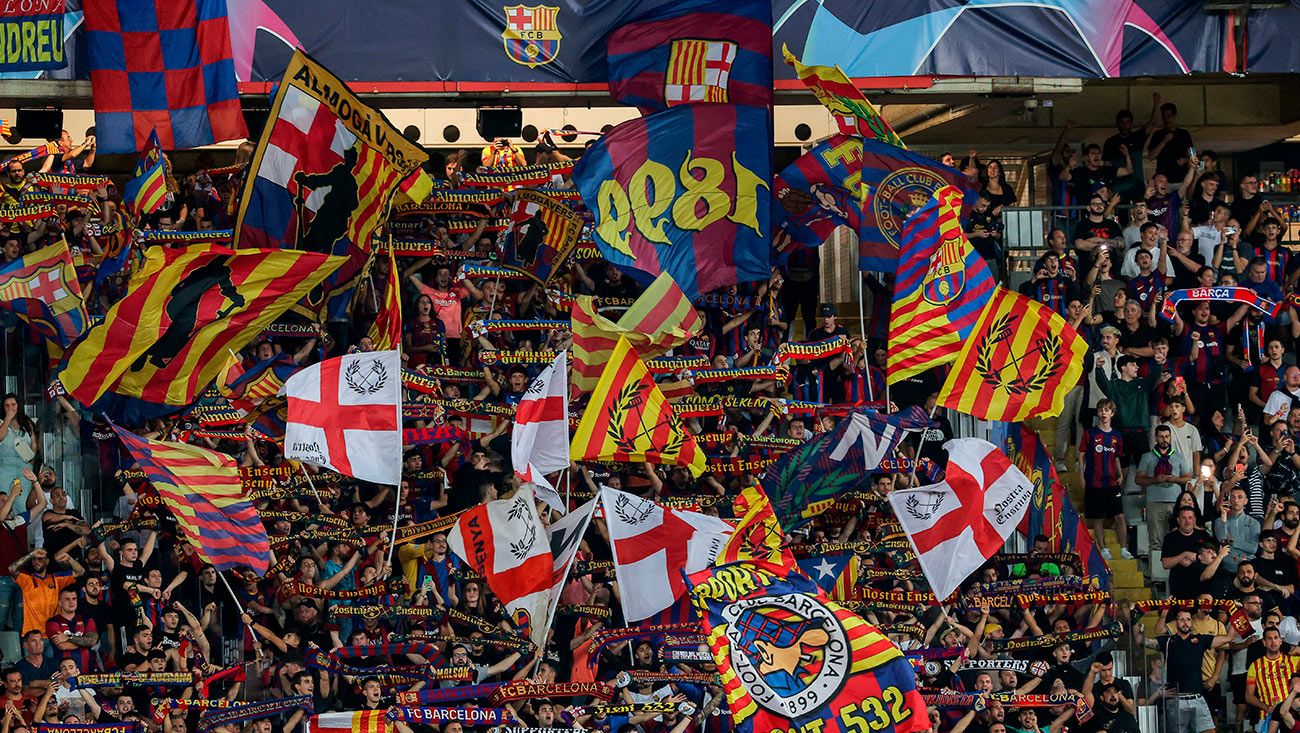
The impact of cules on FC Barcelona is immense and cannot be underestimated
The Impact of Social Media on the Cules Community
In recent years, social media has played a significant role in connecting cules from all corners of the globe. Platforms like Twitter, Facebook, and Instagram have allowed fans to share their love for FC Barcelona, engage in discussions, and stay updated on the latest news and updates.
One of the most prominent social media trends within the cules community is the use of hashtags.
Furthermore, social media has given cules a platform to express their opinions and concerns about the club openly. This has become especially relevant in recent years as FC Barcelona has faced various challenges, such as financial struggles and managerial changes. Cules have used social media to voice their opinions and demand accountability from the club’s leadership.
The Future of Cules and FC Barcelona
As we look towards the future, it is clear that cules will continue to play a crucial role in shaping the identity and success of FC Barcelona. With the rise of technology and globalization, the cules community will only continue to grow, with fans from all over the world joining in support of the club. Additionally, initiatives like the Barça Innovation Hub are bringing together the worlds of sports, science, and technology, ensuring that FC Barcelona remains at the forefront of innovation and success.
However, the future also brings its own set of challenges for both cules and FC Barcelona. The club is currently facing financial difficulties, and the COVID-19 pandemic has further exacerbated these issues. As a result, there have been talks of restructuring and reforms within the club, which has caused concern among cules about the potential impact on the team’s culture and values.
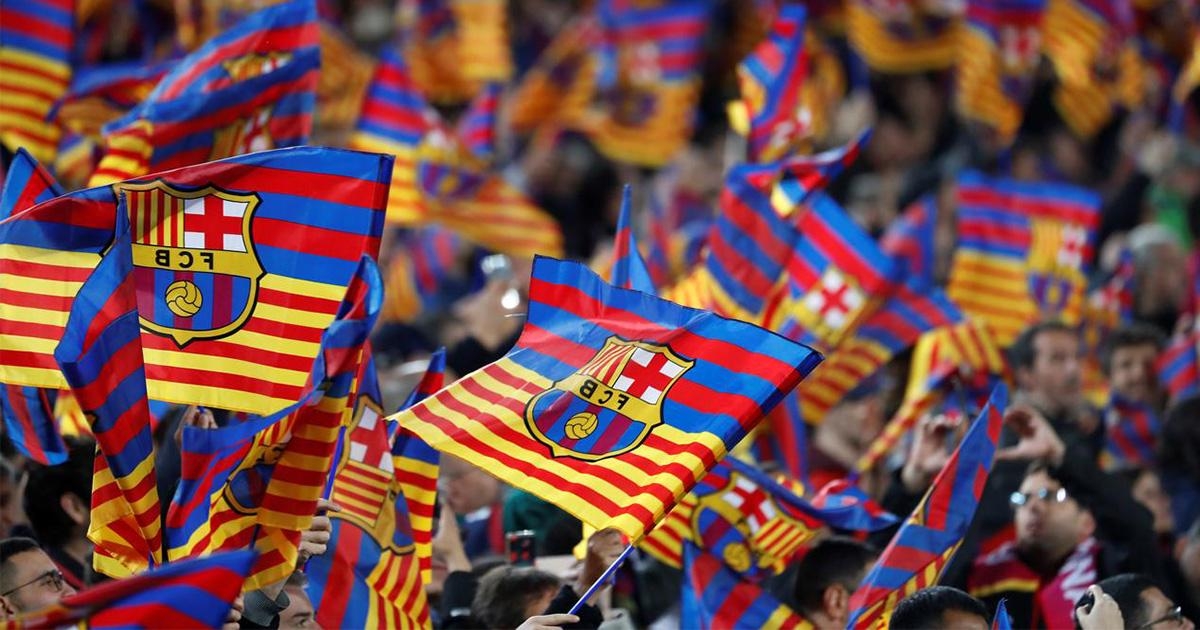
As technology and globalization advance, the cules community is expected to expand, attracting fans from around the globe who will join in supporting the club
The Globalization of Cules: Bringing the Barça Spirit Worldwide
One of the most remarkable aspects of being a cule is the sense of belonging and camaraderie that comes with being a part of this community. The globalization of cules has brought people from different cultures, backgrounds, and languages together, united by their love for FC Barcelona.
This sense of unity is further strengthened by the team’s global fan engagement initiatives. With pre-season tours, friendly matches, and international partnerships, FC Barcelona has become a household name worldwide. The club’s partnership with UNICEF, where they donate 0.7% of their annual revenue, has also created a positive image and attracted fans from all over the world who share the same values.
Moreover, the Barça Academy, which has branches in various countries, allows young players to learn and develop their skills according to the club’s philosophy. This initiative not only helps FC Barcelona identify and nurture young talent but also spreads the Barça spirit to different parts of the world.
Conclusion: The Heart of FC Barcelona
In conclusion, cules are an integral part of FC Barcelona’s identity and success. Their unwavering support, dedication, and passion have helped shape the club into the global powerhouse that it is today. From its humble beginnings to becoming one of the most valuable sports teams in the world, FC Barcelona’s journey would not have been possible without the invaluable contribution of cules.
Being a cule is more than just supporting a football team – it is a way of life, a shared culture, and set of values that bring people from all over the world together. As we look towards the future, it is clear that cules will continue to play a crucial role in shaping the identity and success of FC Barcelona, both on and off the field.
